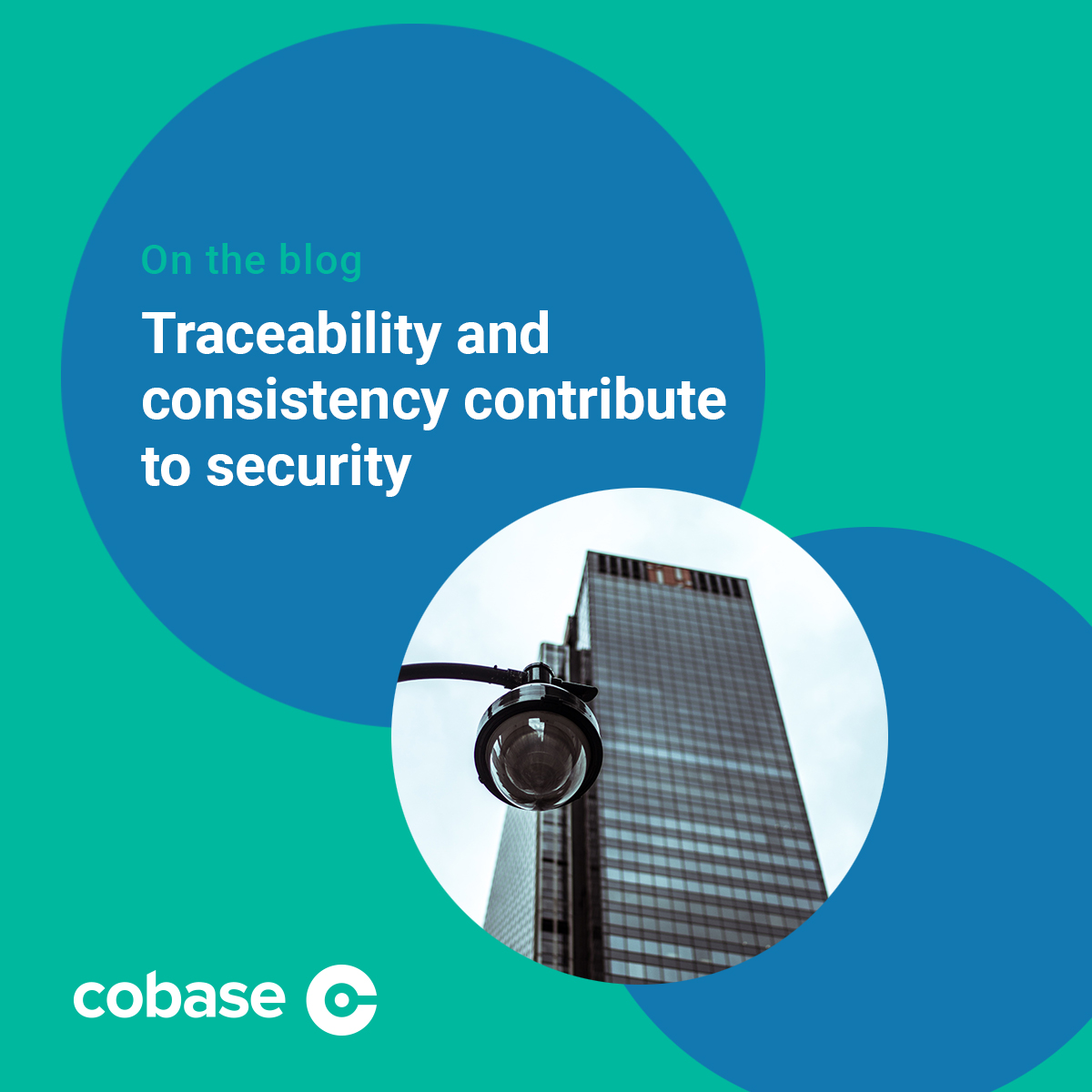When is the right time to move to a centralized payment hub?
In corporate finance, the decision to move to a centralized payment hub is crucial for businesses aiming to enhance efficiency, control, and strategic management of their payment processes. As companies grow and expand internationally, the complexity of managing payments across various systems becomes increasingly challenging. A centralized payment hub, such as Cobase, can provide a streamlined and integrated solution. But when is the right time to make this transition? Here are key indicators and scenarios that signal it’s time to centralize your payment processes.
Rapid business growth
One clear indicator is rapid business growth. When your business is experiencing rapid growth, the volume and complexity of payment processes increase significantly. For instance, a rapidly expanding e-commerce company might struggle with managing payments to a growing list of suppliers and vendors across different regions. A fragmented payment system can lead to inefficiencies, errors, and increased operational costs. Centralizing payments can handle increased transaction volumes efficiently, reduce errors, and streamline payment processes, allowing your finance team to focus on strategic growth initiatives rather than manual transaction management.
International expansion
Another important factor is international expansion. As your business expands internationally, dealing with multiple currencies, regulatory environments, and cross-border transactions becomes more challenging. For example, a company expanding into Europe and Asia might face difficulties ensuring compliance with SEPA regulations while also managing currency conversion for payments in Euros, Yen, and other currencies. A centralized payment hub like Cobase supports multi-currency transactions, automates compliance checks, and offers competitive exchange rates, facilitating seamless international payments and ensuring regulatory adherence.
Increased complexity and fragmentation
Increased complexity and fragmentation of your current payment systems also signal the need for centralization. Businesses with multiple subsidiaries or departments often use different payment systems, resulting in fragmented processes. This fragmentation can cause delays, errors, and increased reconciliation efforts. For instance, a multinational corporation with subsidiaries in different countries might use separate banking systems, complicating cash flow management and financial reporting. Centralizing payment processes on a single platform provides a unified view of all transactions, enhances control, and reduces the complexities associated with managing multiple systems, leading to improved efficiency and reduced costs.
Regulatory and compliance challenges
Regulatory and compliance challenges are another strong indicator. Navigating the complex web of international regulations can be daunting. Companies must comply with various laws such as AML, GDPR, and SOX. For example, a financial services firm operating in multiple jurisdictions might struggle with keeping up-to-date with regulatory changes and ensuring compliance across all regions. A centralized payment hub offers automated compliance checks, real-time updates on regulatory requirements, and comprehensive audit trails, ensuring your business remains compliant with minimal effort.
Security concerns
Security concerns are increasingly important as well. With the rise in cyber threats and sophisticated fraud schemes, protecting sensitive financial data is more critical than ever. A large enterprise might experience multiple cyberattacks targeting their payment systems, leading to significant financial and reputational damage. Centralizing payment processes with Cobase enhances security through advanced measures such as multi-factor authentication, encryption, and real-time fraud detection, providing robust protection against cyber threats.
Inefficient cash flow management
Inefficient cash flow management is another reason to consider centralization. Poor cash flow management can lead to liquidity issues and missed opportunities for investment. For instance, a retail chain with multiple locations might find it challenging to maintain real-time visibility into cash flows, resulting in frequent overdrafts and unnecessary interest expenses. A centralized payment hub offers real-time visibility into all financial transactions, enabling better cash flow management, improved forecasting, and more informed decision-making.
Need for data-driven insights
Finally, the need for data-driven insights can drive the decision to centralize payment processes. Disparate systems and fragmented data make it challenging to gain comprehensive insights into payment trends and financial performance. A manufacturing company, for instance, might struggle with identifying inefficiencies and optimizing their payment strategy without advanced analytics. A centralized payment hub like Cobase offers integrated data analytics tools that provide deep insights into payment data, helping businesses optimize their payment strategies and enhance overall financial performance.
Conclusion: the strategic move to centralization
Moving to a centralized payment hub is a strategic decision that can significantly enhance the efficiency, security, and strategic management of your payment processes. Whether your business is experiencing rapid growth, expanding internationally, facing regulatory challenges, or needing better security and data insights, a centralized platform like Cobase can address these needs effectively.
Cobase offers a comprehensive solution that centralizes and automates payment processes, enhances security, ensures compliance, and provides valuable data analytics. By centralizing your payments with Cobase, you can streamline operations, reduce costs, and gain a strategic advantage in a competitive global market. If any of the indicators mentioned resonate with your business, it might be the right time to consider making the transition to a centralized payment hub.
With multiple banks, various currencies, and different regulations to manage, the challenges are significant. It's not just about finding a solution; it's about discovering strategies to optimize and automate your payment processes, reduce errors, and save time.
Published:
.png?width=1920&height=1080&name=Fact%20Sheet%20-%20Corporate%20Payments%20-%201920x1080%20(1).png)

